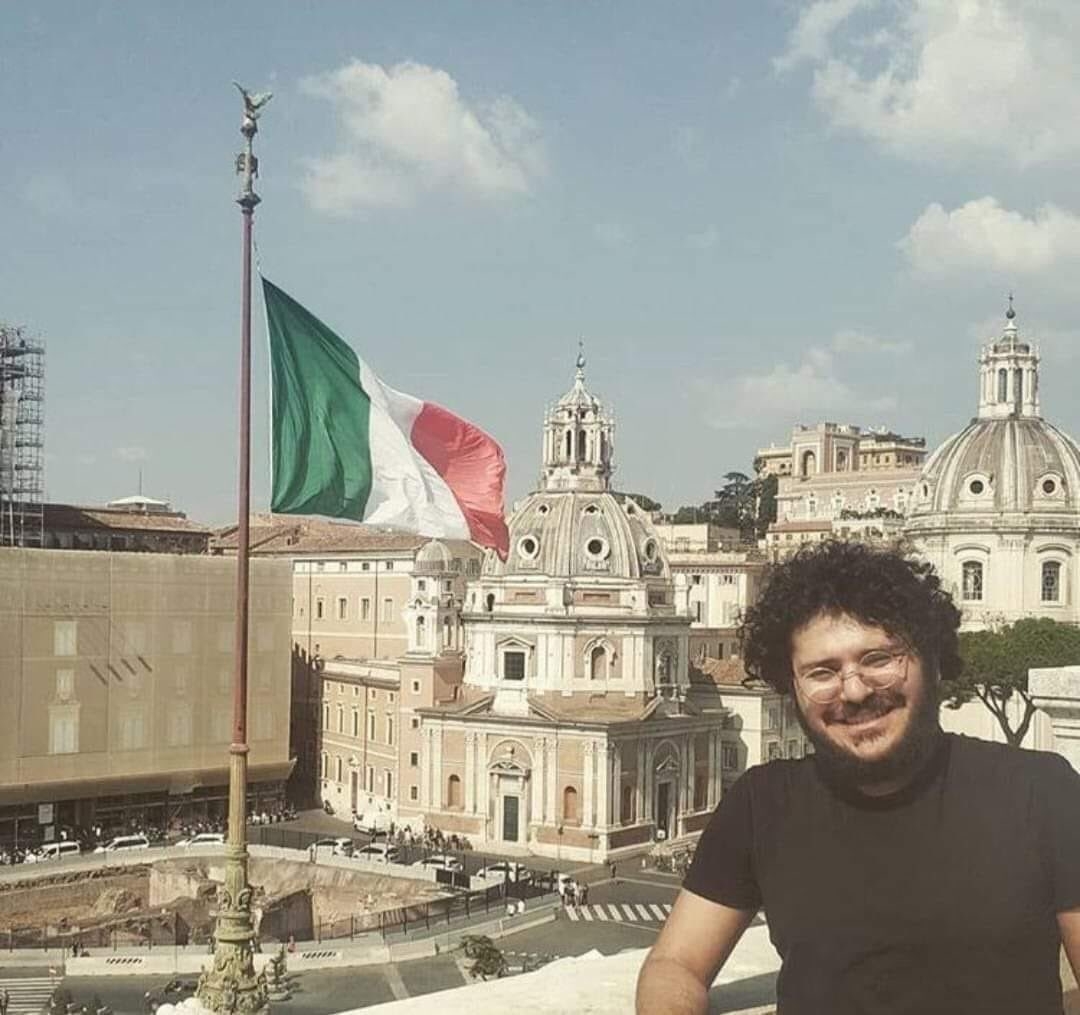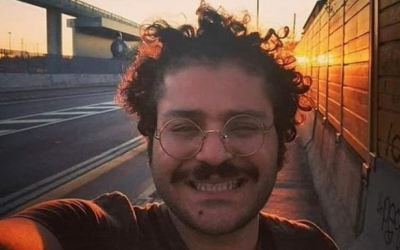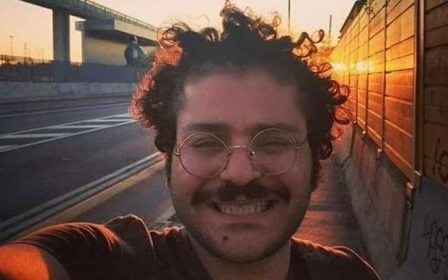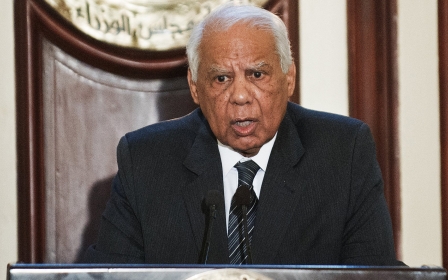Egypt again postpones trial of prominent rights activist Patrick Zaki

An Egyptian court postponed the trial of prominent rights activist Patrick Zaki on Tuesday, with his support committee accusing authorities of seeking to keep him "imprisoned as long as possible without any legal basis."
Zaki, a researcher at the Egyptian Initiative for Personal Rights (EIPR), had been studying at Italy's Bologna University when he was taken into custody upon his return to Cairo in February last year.
The trial of the Coptic Christian on charges of "spreading false news" had been due to start before the State Security court in the city of Mansoura, north of Cairo, on 14 September.
But it was postponed for a second time - until 7 December - in a hearing Tuesday attended by Zaki in the presence of Italian and Canadian diplomats, the "Patrick Libero" support committee said on Twitter.
"The situation is getting worse every day for Patrick and his family," said the committee.
"It is clear that the intention of the Egyptian authorities is to keep Patrick imprisoned as long as possible without any legal basis," it added.
The 28-year-old human rights advocate had campaigned for the truth about the 2016 murder of Italian student Giulio Regeni.
His arrest sparked a solidarity campaign in Italy, with politicians and activists urging Egyptian authorities to release him.
Italian human rights activists have expressed concerns that Zaki could be at risk of torture and ill-treatment in Egypt's notorious prisons, drawing parallels with the torture of Regeni.
Regeni's family has also expressed solidarity with the detained activist.
Egypt has embarked on a brutal crackdown on dissent since 2013, jailing more than 60,000 activists and imposing strict censorship measures on public discourse.
President Abdel Fattah el-Sisi, who led the 2013 coup, has consistently denied that there are political prisoners in Egypt, framing the crackdown as part of a fight against terrorism.
Middle East Eye propose une couverture et une analyse indépendantes et incomparables du Moyen-Orient, de l’Afrique du Nord et d’autres régions du monde. Pour en savoir plus sur la reprise de ce contenu et les frais qui s’appliquent, veuillez remplir ce formulaire [en anglais]. Pour en savoir plus sur MEE, cliquez ici [en anglais].





